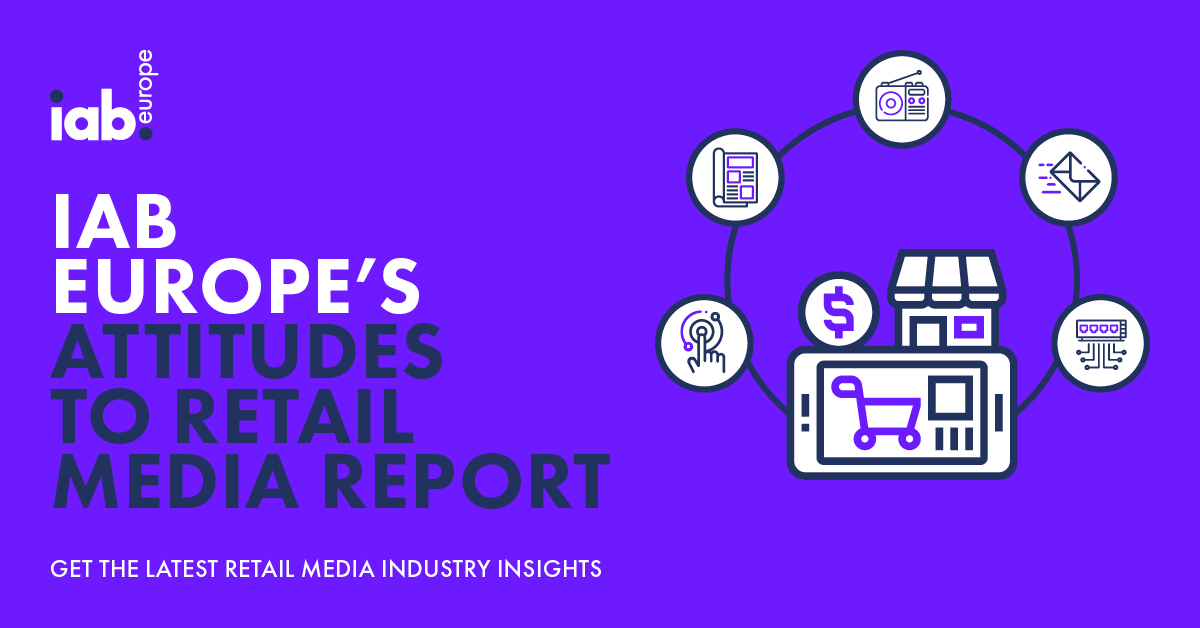Ecommerce sales grew by 11% in August, compared to the same time last year, with one in five pounds spent in retail spent online, according to new figures.
The growth was stronger than the average growth in online retail spending of 9.8% seen over the last three months, and of 8.8% over the last year, according to the KPMG/BRC Retail Sales Monitor for August 2017.
The update came with news that UK retail sales increased during the month by 2.4% in total, or by 1.3% on a like-for-like basis that strips out the effect of store and business openings and closures. At the same time last year sales rose in total by 0.3%.
But the growth in spending was driven by online shoppers: in-store sales declined by 1.4% in the three months to August. Some 21.6% of all retail sales took place online in August 2017, up from 21.0% in August 2016.
Food sales, meanwhile, increased by 1.8% on a like-for-like basis and 3.2% on a total basis. That was slower than the 3.4% total growth recorded in the three months to August, but ahead of the 12 month average of 2.7%.
Helen Dickinson, chief executive of the British Retail Consortium, said: “August provided a welcome pick-up in retail sales across channels, with non-food returning to growth as shoppers’ attentions turned to homewares, autumn clothing ranges and the new school term.
“However, these figures tell a less positive story about the health of consumer spending than it might seem at first glance. Non-food sales have only just recovered to levels seen two years ago, after a dismal August in 2016; while strong figures for food are largely the result of rising prices, leaving growth in volume terms weaker than last year.
“Stark challenges lurk around the corner for the retail industry. Purchasing decisions are very much dictated by a shrinking pool of discretionary consumer spend, with the amount of money in people’s pockets set to be dented by inflation and statutory rises in employee pension contributions in a few months’ time. It’s therefore crucial to protect consumers wherever possible from further cost pressures. For Government, this includes ensuring continued choice and availability of affordable, quality products for shoppers post-Brexit, by securing a strong deal on customs and tariff-free trade with the EU.”
Don Williams, retail partner at KPMG , said: “Despite the ongoing challenges for the industry, retailers achieved reasonable growth in August, which is positive news for the industry. Even non-food categories experienced an uptick – a welcome relief given the poor performance recently.
“Retailers taught us a thing or two about Back to School, with children’s clothes and footwear obtaining top-marks in terms of sales. Elsewhere, growth in home improvement sales – including furniture – point to the influence of staycations, although it could also be that home furnishing retailers are not having to compete with the likes of the Olympics for attention this year.
“Mirroring the successes of the high street, online sales continued to go from strength to strength, with all categories noting growth.
“Retailers have managed to achieve stronger than expected growth, however adding to this could be the fact that consumers appear to be turning a blind eye to the potential crush on spending power to come. The industry now needs to overcome further devaluation of the pound and the increased costs therein.”








